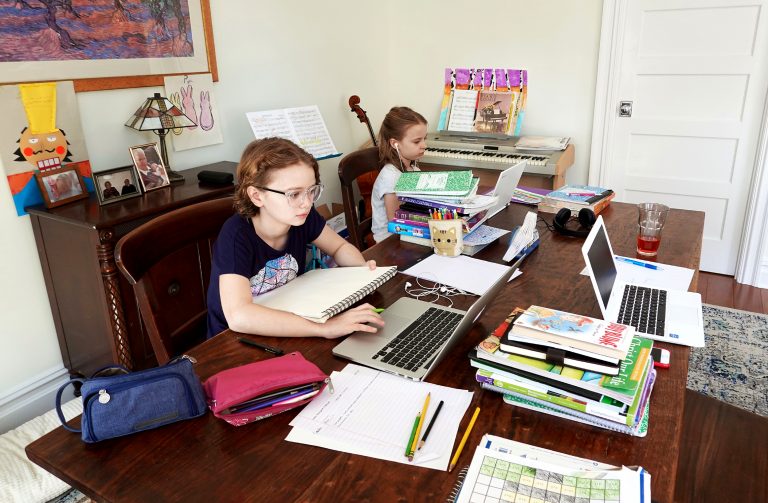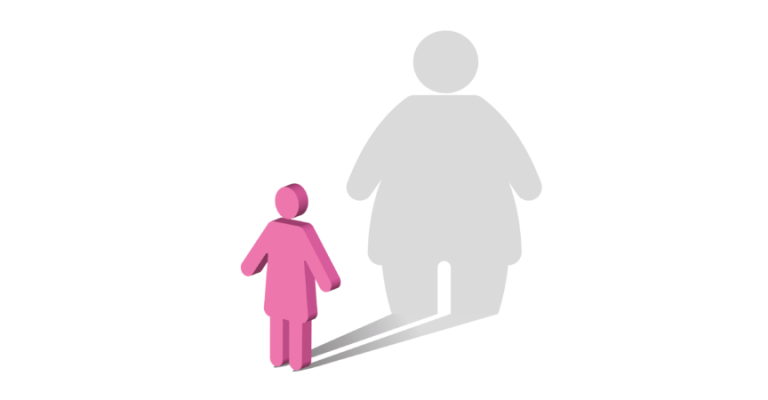Parenting(Age 5 to 8) | Academic | General | Parenting(Age 9 to 12) | Parenting(Age 13 to 16) | 2 year AGO
Can Homeschoolers Get a Good Education?

Homeschooling also known as elective home education (EHE), is a form of education that takes place at the child’s home or a designated place other than a conventional school. This practice gained popularity around the 1970s when famous authors such as Raymond Moore and John Holt began to write about educational reform where they suggested home schooling as an alternative to the conventional schooling methods that existed back then. Statistics as indicated by the National Home Education Research Institute, there are more than 2 million children that are being homeschooled in the U.S. as of now, and the numbers are rapidly increasing day by day. It is a legal alternative to conventional form of schooling and is valid in all 50 states along with many other countries.
Homeschooling is usually conducted by a parent, an online teacher or a tutor. It is a more personalized and less formal way of schooling where a child gets one-on-one attention. There are many forms of homeschooling available and the family can choose their type according to their child’s needs, family values, etc. Now, the curriculum of a home school may range from a highly rigid, specific timetable to a no curriculum or we can say a curriculum-free zone where there is no hard and fast rule as to what the child may learn during the course of his homeschooling, it is a more flexible approach.
Now, why homeschooling is preferred by various parents is a subjective choice and there may be different reasons for that. Some parents are of the view that their child should get the best education available and that can only be achieved by a hands-on approach to learning where the ratio of teacher per student is 1:1 or 1:2 and not more than that. Whereas schools have big classrooms where many students are enrolled in a bigger count as compared to that of a home school, hence, it becomes difficult for a teacher to devote his/her time to every student in a short span of time. So, they consider it best for their child/children to attend a home school.
Secondly, there are certain kids who learn better at home as compared to their school classrooms as there are no distractions at home and they can focus entirely on their studies. Hence, for these types of students it is better that they are homeschooled. Thirdly, homeschooling is the best alternative for those kids who are shy and introverted or who get easily intimidated. They can easily learn from the comfort of their homes without enduring the difficulties that may come with going to a school. Also, homeschooling has been opted as a mode of learning by such parents for their kids whose families move around a lot or who live in remote areas where access to quality education seems like a distant dream.
There are many critics of homeschooling who say that the children who are homeschooled develop no social skills making it difficult for them to interact with other people once they are out in the real word. But, in today’s day and age, homeschooling isn’t what it used to be like it was in the 80s and 90s where homeschooling was mainly opted by Christian families who wanted their children to grow up with values and beliefs of a Catholic. Now, all kids being homeschooled by their parents have the same access to the internet, friends and extracurricular activities like that of a typical school student- well without rigid learning plans, tests, and bullying.
One of the best benefits to homeschooling is its flexibility. For example, a student doesn’t has to worry about failing a certain subject he is not good at, rather he/she can work on that subject gradually until he/she has mastered the material. The children in homeschooling environment grow at a relatively faster pace than their peers in public or private schools. Another benefit of homeschooling is that the study sessions are more engaging and catered to the student’s learning style rather than being run on a general learning model. They learn a more practical approach to subjects like science, mathematics, art and history as is used in the real world.
Comparing homeschooling with the public or private school system can prove to be a futile effort as both have their own pros and cons. Homeschooling is a great alternative and it cannot be said that homeschooled children do not do well in real life, it is more of a stereotype. Homeschooled children are at par with their peers who attend schools but parents must keep in mind that they must provide their kids with all the resources needed to make their learning experience wholesome.















Post a Comment: